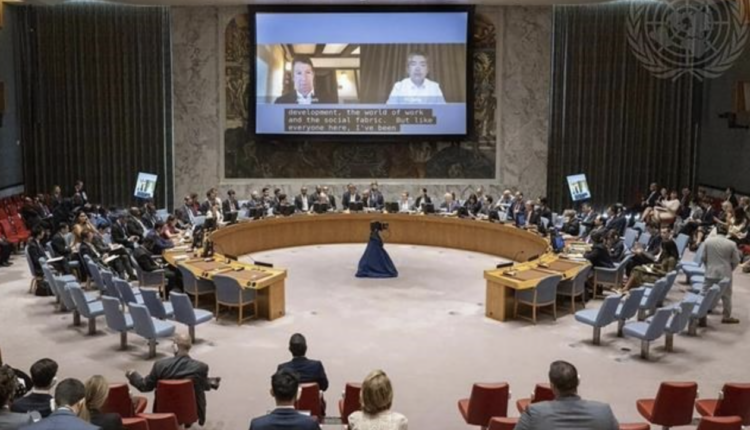
UN Adopts Resolution on Artificial Intelligence
The TDR Three Takeaways for the UN Resolution:
- The UN General Assembly unanimously adopts a resolution for artificial intelligence, emphasizing human rights protection.
- The UN’s Artificial intelligence governance aims to close digital divides and promote equitable development globally.
- The UN feels International cooperation is crucial for developing safe and responsible artificial intelligence frameworks.
The UN (United Nations) General Assembly this week made progress in the regulation of AI technology. With a resolution by the United States and co-sponsored by over 120 nations, the assembly emphasized the critical importance of respecting, protecting, and promoting human rights in the age of AI. This resolution marks the first of its kind, focusing on the field of AI and its implications on global human rights and sustainable development.
The resolution calls on all member states and stakeholders to ensure that AI systems operate in compliance with international human rights law. It underlines the necessity of maintaining the same rights for individuals online as they are offline, including throughout the lifecycle of AI systems. This holistic approach to AI governance reflects a growing recognition of the technology’s potential benefits and risks.
In response to the varying levels of technological development across countries, the General Assembly highlighted the challenges faced by developing nations. It urged for increased cooperation and support to ensure these countries can benefit from AI technologies, thereby aiming to close the digital divide and enhance digital literacy worldwide. The resolution serves not only as a guide for safe and secure AI deployment but also as a beacon of hope for equitable global development.
The adoption of this resolution follows an inclusive and constructive dialogue, showcasing the international community’s willingness to address AI’s challenges collectively. Ambassador Linda Thomas-Greenfield’s remarks before the adoption underscored the resolution’s role in amplifying ongoing efforts by the UN, such as those by the International Telecommunication Union (ITU) and the UN Educational, Scientific, and Cultural Organization (UNESCO).
The resolution’s emphasis on AI governance highlights the critical opportunity and responsibility to guide the development and deployment of AI technologies with a focus on humanity, dignity, safety, security, and fundamental freedoms. It encourages the use of AI to advance shared priorities around sustainable development, stressing the need to bridge the digital gap within and between nations.
As nations around the world grapple with the rapid advancements in AI, the UN’s resolution provides a framework for addressing the technology’s risks and benefits. It encourages international agreements and initiatives aimed at ensuring AI systems are secure by design and that their deployment promotes human rights and fundamental freedoms. Want to keep up to date with all of TDR’s research and news, subscribe to our daily Baked In newsletter.



